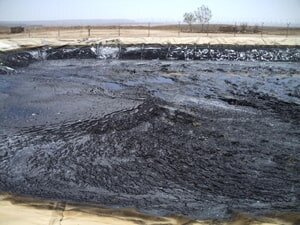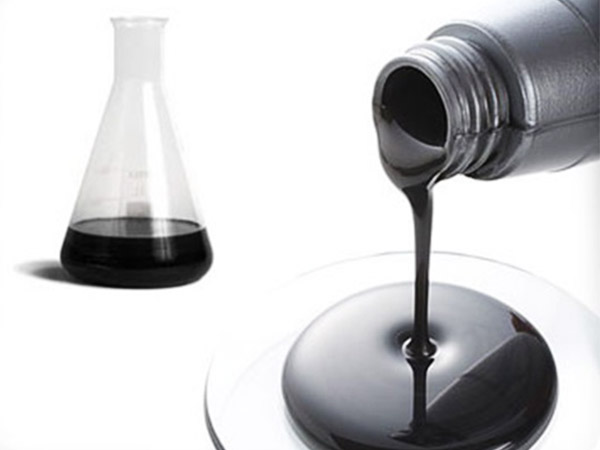Unveiling the Power of Thermal Desorption Units: A Game-Changer in Environmental Remediation
In today’s era of heightened environmental awareness, the management and remediation of contaminated soil and water have become critical issues. Industrial activities, historical practices, and accidental spills have left behind a legacy of pollution that threatens ecosystems and public health. However, amidst these challenges, innovative technologies are emerging to address environmental contamination effectively. One such technology is the thermal desorption unit (TDU).
A thermal desorption unit is a sophisticated remediation technology that utilizes heat to separate contaminants from soil, sediment, or sludge. This process involves heating the contaminated material to temperatures that vaporize the contaminants, which are then collected and treated separately, leaving behind clean soil or water. The versatility and efficiency of TDUs make them a preferred choice for remediation projects across various industries, including oil and gas, manufacturing, and waste management.

One of the key advantages of thermal desorption units is their ability to treat a wide range of contaminants, including volatile organic compounds (VOCs), semi-volatile organic compounds (SVOCs), polychlorinated biphenyls (PCBs), pesticides, and petroleum hydrocarbons. This flexibility allows TDUs to address diverse contamination scenarios, from industrial sites and brownfields to landfills and spill sites. By effectively removing contaminants from soil and water, TDUs help restore environmental quality and mitigate the risks posed by pollution.
Moreover, thermal desorption units offer significant advantages over traditional remediation methods, such as excavation and landfilling. Unlike excavation, which involves the physical removal and disposal of contaminated material, TDUs treat the contaminants in situ, minimizing the need for transportation and disposal. This not only reduces costs but also minimizes the environmental footprint associated with remediation activities. Additionally, TDUs can handle large volumes of contaminated material efficiently, making them suitable for remediation projects of varying scales.
Another benefit of oil sludge pyrolysis plant is their ability to achieve high levels of contaminant removal and destruction efficiency. By precisely controlling temperature and residence time, TDUs can effectively break down and volatilize contaminants, ensuring thorough remediation of the affected media. Furthermore, the vaporized contaminants can be captured and treated using air pollution control devices, such as thermal oxidizers or activated carbon filters, to prevent their release into the atmosphere.
From a regulatory perspective, thermal desorption units are recognized as an effective and reliable technology for environmental remediation. Regulatory agencies worldwide, including the Environmental Protection Agency (EPA) in the United States and the European Environment Agency (EEA) in Europe, have endorsed the use of TDUs for contaminated site cleanup. In many cases, TDUs are specified as the preferred remediation technology in remedial action plans and regulatory agreements, highlighting their acceptance and effectiveness in achieving cleanup goals.
In addition to environmental benefits, thermal desorption units offer economic advantages for project owners and stakeholders. By streamlining the remediation process and reducing the time and resources required for cleanup, TDUs help minimize project costs and expedite site closure. Moreover, the recovered clean soil or water can often be reused on-site or recycled for beneficial purposes, further enhancing cost-effectiveness and sustainability. More information on pyrolysis reactor here.

Despite their numerous advantages, thermal desorption units are not without challenges. One of the primary considerations is the energy consumption associated with heating contaminated material to high temperatures. While advancements in technology have led to improvements in energy efficiency, optimizing energy usage remains a priority for TDU manufacturers and operators. Additionally, the management of by-products, such as contaminated condensate and residual solids, requires careful handling and treatment to ensure compliance with regulatory requirements.
In conclusion, thermal desorption units represent a powerful and versatile technology for environmental remediation, offering efficient and cost-effective solutions to complex contamination challenges. By harnessing the power of heat, TDUs can effectively remove and destroy contaminants from soil, sediment, and sludge, restoring environmental quality and safeguarding public health. As environmental concerns continue to grow, the demand for thermal desorption units is expected to rise, driving innovation and advancement in remediation technology for a sustainable future. Find related information from Beston Group.